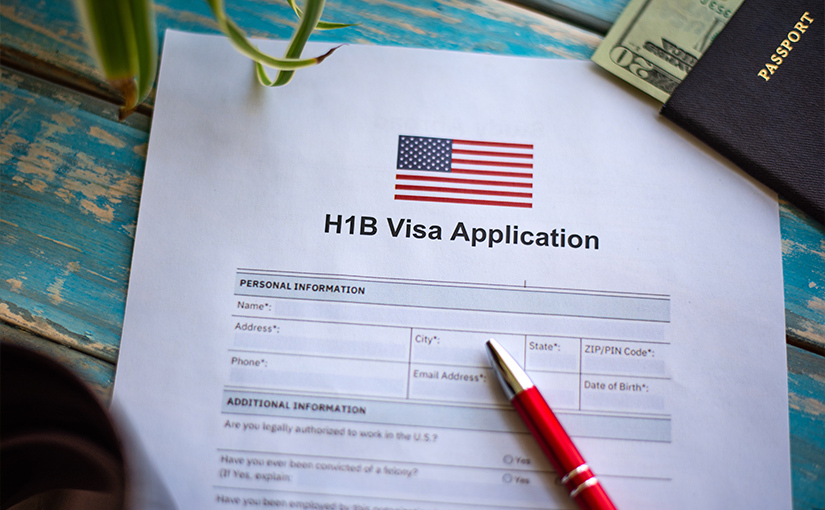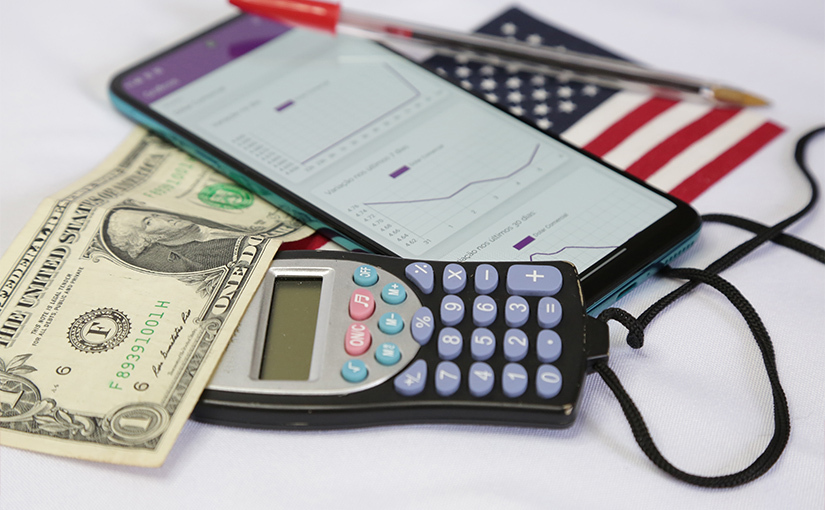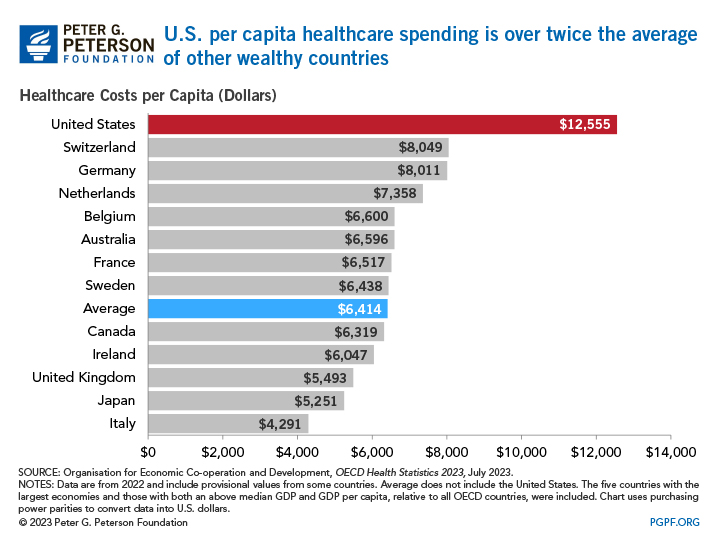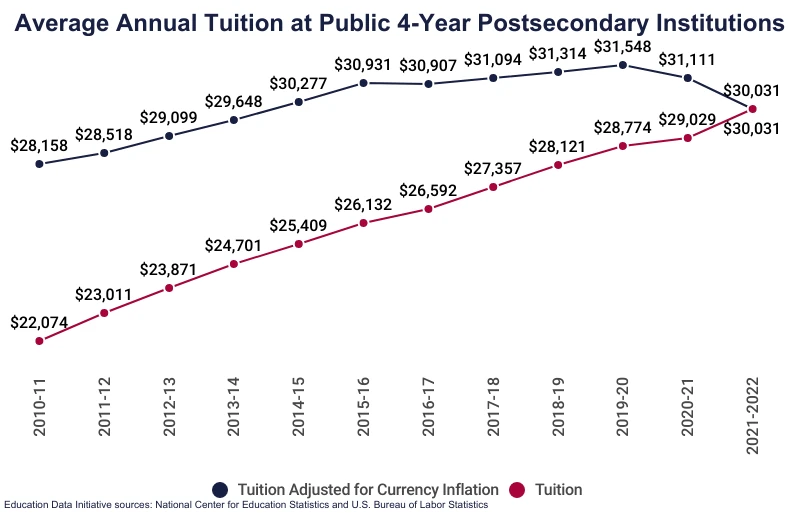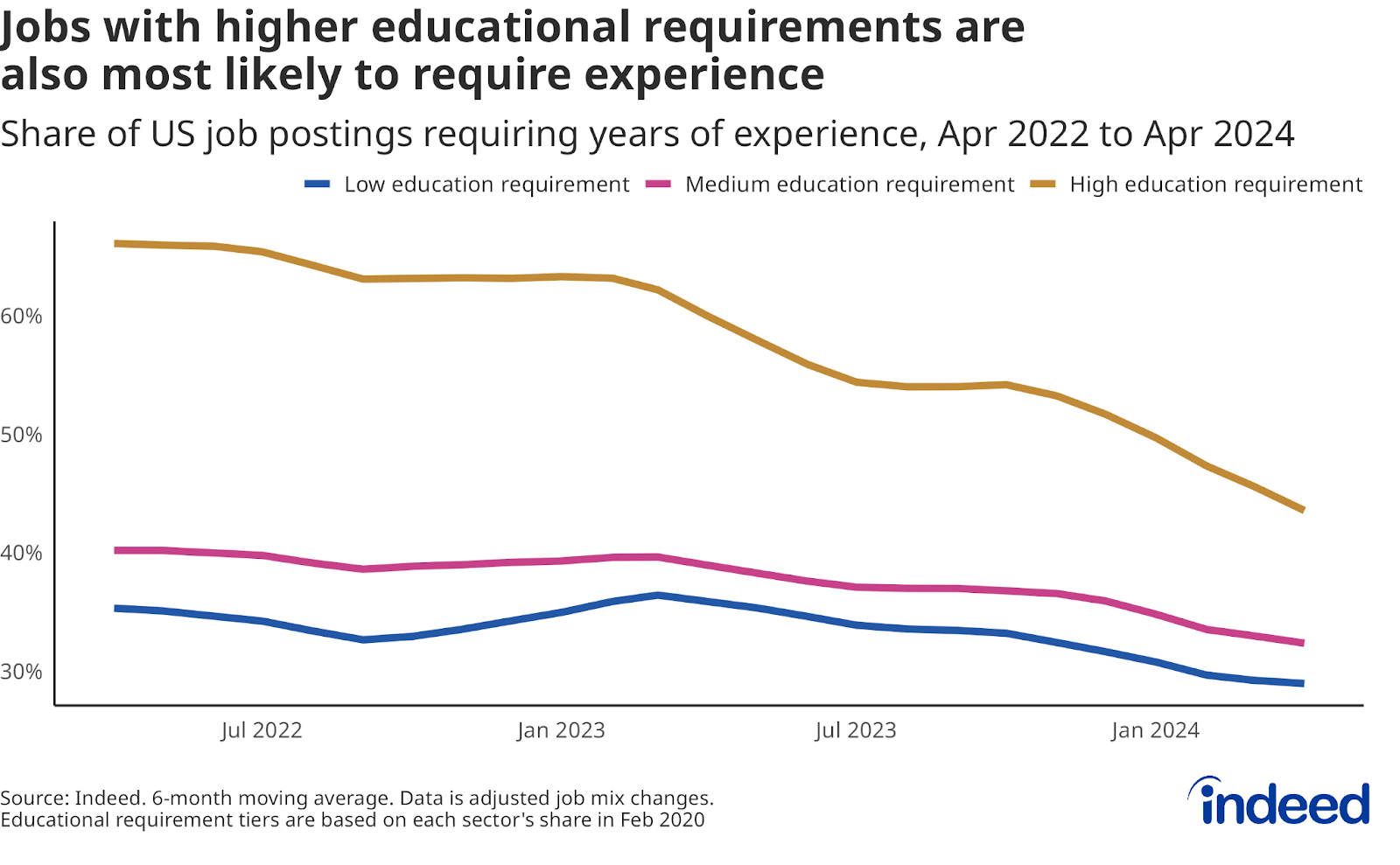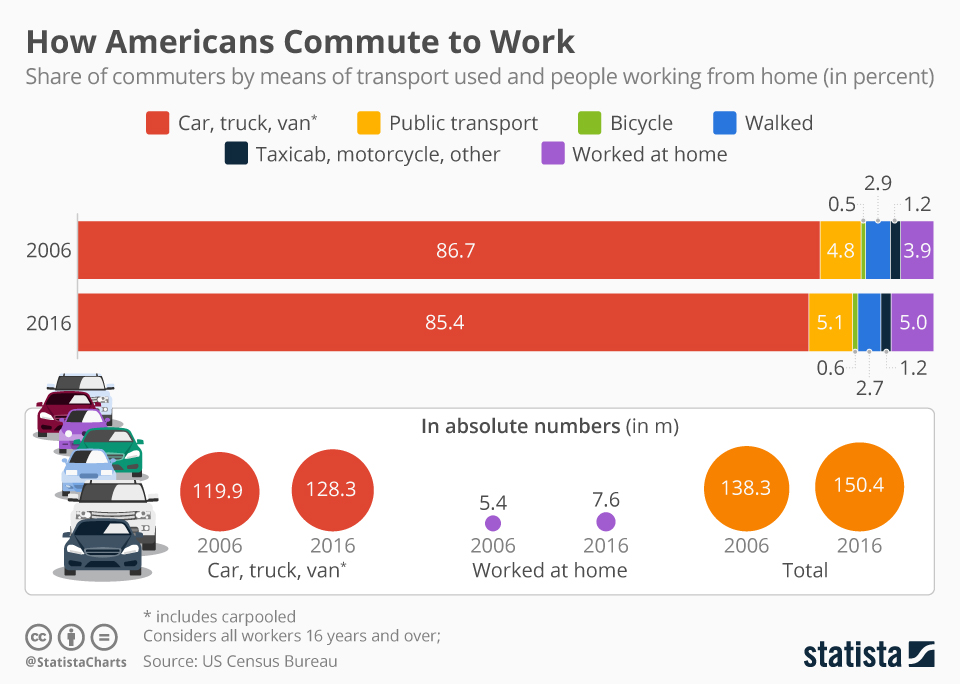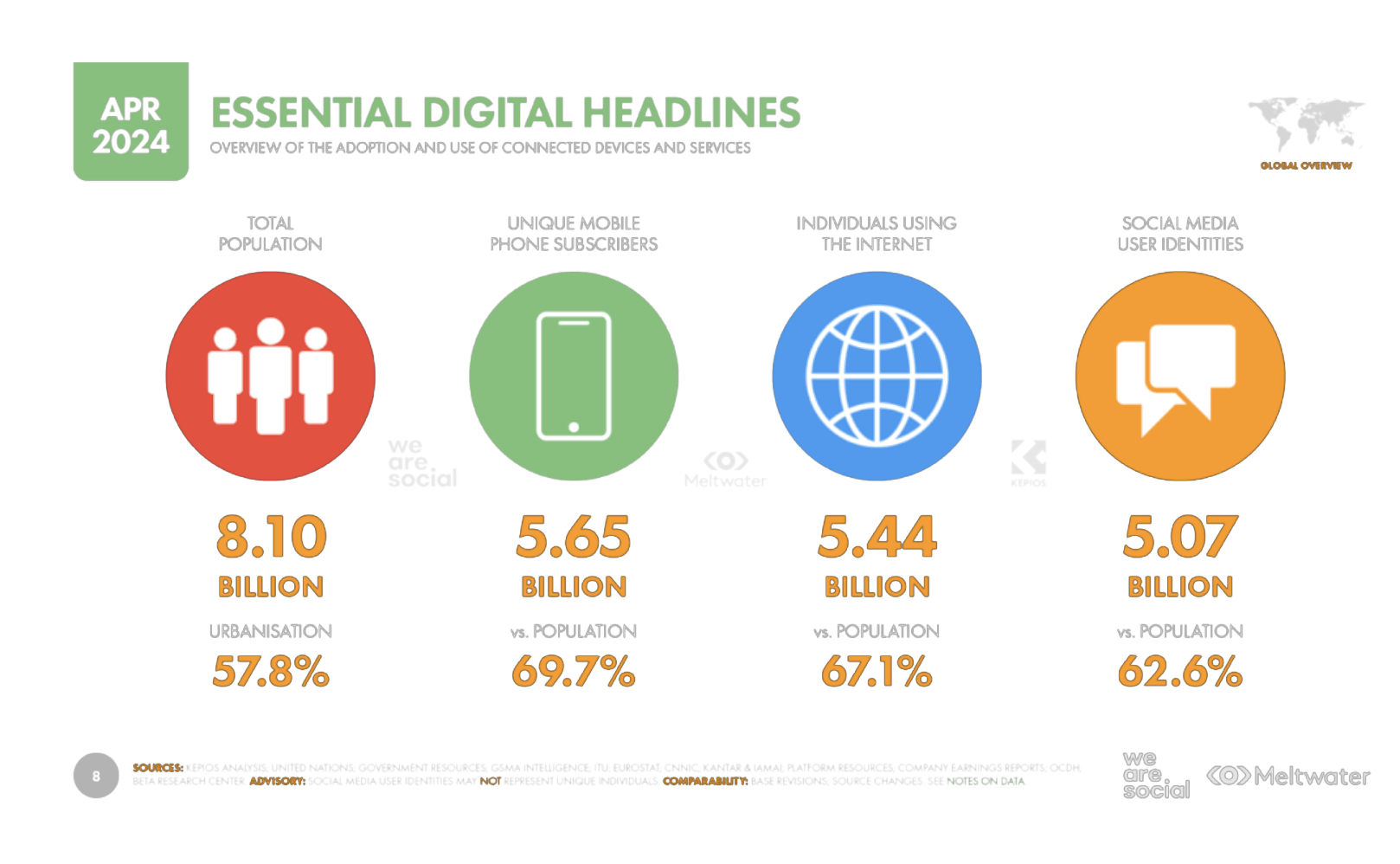Moving from Hong Kong to USA

While moving from Hong Kong to the United States might be somewhat difficult, it will turn out so rewarding if one is properly planned and prepared. We’ll provide you a checklist that walks one through every critical stage involved in easing one’s way into new life in the USA. Proper attention to such vital issues as obtaining a visa, money, accommodation, and health insurance is surely going to leave you confident about your moving. Detailed planning will give you less overwhelming moments, more of the experience to enjoy, so you can open your arms and embrace the new adventure in the USA.
Guide to Moving from Hong Kong to the USA
Legal and Documentation
Visas and Immigration
Securing the appropriate visa is the first crucial step in your US relocation. The type of visa depends on your purpose for moving:
- Work Visas: H-1B for specialty occupations, L-1 for intra-company transferees, O-1 for individuals with extraordinary ability, P-1 for artists and athletes, and Q for cultural exchange visitors.
- Student Visas: F-1 for academic students and M-1 for vocational studies.
- Family Visas: K-1 for fiancés and K-3 for spouses of US citizens.
Ensure all family members have passports with at least six months’ validity beyond your intended date of entry. Apply for visas well in advance, as the process can take several months and may include interviews and supporting documentation.
Important Documents
Gather essential documents well before your move:
- Birth Certificates: Needed for identification and various applications.
- Marriage Certificates: Required for spousal visas and proof of marital status.
- Academic Records: Diplomas, transcripts, and certificates for school or job applications.
- Medical Records: Including vaccination lists, necessary for school admission and some jobs.
- Employment Records: Letters of reference, pay slips, and employment contracts to support job and visa applications.
Ensure these documents are notarized and, if necessary, translated into English by a certified translator. This ensures they are recognized and accepted by US authorities, streamlining application processes and reducing potential hassles.
Financial Preparations
Banking
Getting your finances in order is one of the important steps in moving to the USA. It will make your transition much easier. Here are a few things you can do:
- Open a US Bank Account: Some banks allow you to open an account online before coming to the country. Other banks that have international services may allow you to have a bank account open; it would make money management easy when you get to the USA.
- Inform Your Hong Kong Bank: The very first step that you are going to take is to inform your current bank about this move to avoid any hassle. See if your bank is sited in the USA or partners with US banks. That could make transitions much easier and perhaps reduce some fees.
- Understand Tax Implications: Moving to another country has extensive tax implications. Seek a tax advisor conversant with the Hong Kong and US tax laws to shed light on your position and reduce any potential liabilities that may arise. This can help in using the applicable tax treaties between the two countries to the best advantage.
Money Transfer
Transfers may include fees for the sender and/or receiver. Investigate the following options:
- International Wire Transfer: You personally transfer your money from the Hong Kong bank to the US bank. Secure, yet can be expensively done, due to high fees and less favorable exchange rates.
- Online Money Transfer Services: With services like TransferWise, PayPal, and Western Union, a person would be able to get considerably better exchange rates and lower fees than with a bank. Most of the time, they have faster transfer times and more competitive rates than traditional banks. Compare providers to find the most cost-effective solution for your needs.
Housing
Average US home prices by county.
Source: National Association of Realtors
Temporary Accommodation
Before you secure permanent housing, arrange temporary accommodation for your initial stay in the USA. Options include:
- Short-Term Rentals: Websites such as Airbnb or Vrbo may have furnished short-term rentals. This will give you a homely atmosphere where you can comfortably stay as you look for a permanent place.
- Hotels and Extended Stay Suites: Most hotels will offer you a long-term stay with facilities such as a kitchen and laundry facilities, thus very convenient for extended stays. Such accommodations will offer you the comfort and service you need during the transition period.
Permanent Housing
The beginning to find a permanent home includes some processes, which are explained as follows:
- Research Neighborhoods: Consider availability of facilities such as proximity to work, schools, public transportation, and other community amenities. Online tools and local forums will help in getting an idea about various neighborhoods and the things they actually offer.
- Renting vs. Buying: Renting is typically the best first choice since by renting, you’ll learn the area better before taking more permanent residence by buying. It also gives you more flexibility and less of an initial monetary commitment. References and proof of income are typically required by landlords as guarantees for a qualifying rental application.
- Housing Market: Peruse the housing market in your destination city. Websites like Zillow, Realtor.com, and Craigslist can be very resourceful if not the most comprehensive sources when it comes to knowing the price ranges and types of property available. Such websites include extensive listings and resources that will filter searches according to preferences and budget.
Health and Insurance
The USA has almost twice the average healthcare costs around the world.
Source: Peter G. Peterson Foundation
Health Insurance
Since healthcare is exceedingly exorbitant in the USA, you need to have medical insurance. Here are some things to keep in mind:
- Employer-Sponsored Insurance: If you have a job already waiting for you, then your employer will most probably provide health insurance. Employer-based plans usually have very good coverage at more reasonable premiums as many employees are pooled together for group insurance rates.
- Private Health Insurance: Look through a range of private health insurance policies. Websites such as HealthCare.gov are very instrumental in searching for options according to one’s income. It is important to know what style of plans exist—HMOs or PPOs—and what they entail.
- Short-Term Health Insurance: Look into short-term health insurance packages covering you from the day of arrival until securing permanent coverage. These will help cover your medical needs during your period of transition.
Medical Records
To ensure you receive proper care in the USA, align your medical records with your history in Hong Kong. Here are some key points:
- Full Medical History: Keeping a record with all details of past illnesses, surgeries, and treatments will be helpful to present to health service providers time after time.
- Vaccination Records: Needed during school enrollment and certain jobs. Keeping vaccination records updated means one fulfills the requirement of local health regulations and public health protection.
- Prescription Medications: If you have prescription medications, bring an adequate supply and include a letter from your doctor that describes your medical history and lists your current prescriptions. This helps ensure that you will have access to needed medications and that U.S. doctors can continue your treatment uninterrupted.
Education
Average tuition in US colleges.
Source: Education Data Initiative
For Children
In case you have children, the smooth transition of their education process is of utmost priority:
- Research Schools: The USA has a wide range of public, private, and even international schools. Look for schools in your area that fit your child’s needs. The things to consider in this selection process would be the curriculum, extracurricular activities, rating of the school, and other facilities like transportation and distance from your residence. You will find guidelines about these on online websites and also from local community forums.
- Enrollment Process: Know the documents you need to get your children enrolled in schools in your destination city. This most usually includes residence proof, vaccination records, and academic transcripts. Some schools require an entrance examination or interview for admission. So, plan ahead and secure your child’s seat at the start of the school year.
- Transfer Certificates and Academic Records: Obtain your children’s transfer certificates and academic records from their schools in Hong Kong. It would provide a guideline in class placement for your children when they start school in the USA. Ensure that this is translated into the English language and notarized if necessary.
For Yourself
If you wish to continue your education in the USA, maintain these documents:
- Transcripts and Academic Records: all transcripts, certificates, or diplomas should be available. All these are going to require evaluation for equivalence here in the USA. Services such as WES (World Education Services) can help in doing this.
- Admission Requirements: Know admission requirements for programs you are interested in. Organize required letters of recommendation, statements of purpose, and test scores—GRE or GMAT. Early deadlines call for early starts if you want to get into the graduate school of your choice.
Finding Employment
High education is still the most preferred among recruiters in the USA.
Source: Indeed
Job Search Tips
When you’re not working already, early job search sets up a smooth transition:
- Online Job Portals: Utilize LinkedIn, Indeed, Glassdoor, and Monster. They bring along a host of jobs, company reviews, and networks at your fingertips. Also, remember to keep your profile and resumes updated to reflect all your skills and experience accurately.
- Networking: Networking will enable the attainment of job referrals through professional associations and other industrial-related events such as seminars and conferences. It will also ensure gaining very helpful inside information relating to new vacancies.
- Recruitment Agencies: Work with a recruitment agency will provide personalized job-seeking services, link the professional to some potential employers, and provide a better overview of the job market.
Work Permits
Make sure that your visa has the requisite authorization to work in the USA. Some visas have work authorization inherent in them, such as the H1-B, while others require additional paperwork for a work permit.
- Apply Early: Apply early for the work permit to avoid delay. Processing time can vary, and you will want to prevent any delay while starting work.
- Legal Compliance: We should abide in a fully nondiscretionary way by all requirements that fall under the umbrella of USA law to avoid future problems with your immigration status and the severe penalties/deportation associated with it.
Relocation and Shipping
Moving Company
Hiring an experienced international moving company is crucial for a smooth relocation. Follow these steps to choose the right company:
- Get Quotes: Obtain quotes from several moving companies and find out what services are included. This allows you to compare prices and services, ensuring you get the best value. Look for companies experienced in international moves, as they will be familiar with specific requirements and challenges.
- Packing and Shipping: Decide what to take with you, sell, donate, or store. Reducing the number of items can lower moving costs. Consider the cost and time of shipping versus buying new items in the USA. Some items may be cheaper to replace rather than ship.
- Insurance: Ensure your belongings are insured during the move. Check if the moving company provides insurance or if you need to purchase additional coverage. Insurance protects you financially in case of damage or loss during transit.
Customs Regulations
Understand customs regulations for importing personal goods into the USA:
- Prohibited Possessions: Some items may be restricted or prohibited, such as certain foods, plants, and animals. Familiarize yourself with these restrictions to avoid issues at customs.
- Duty-Free Allowance: Research duty-free allowances for bringing personal belongings into the USA. This helps you plan what to bring without incurring additional costs.
- Documentation: Prepare a detailed inventory of your shipped items for customs purposes. Accurate documentation can streamline the customs process and prevent delays.
Cultural Adjustment
Cultural Research
A better understanding of the American culture and habits will help you blend in perfectly fine:
- Social Etiquette: At the time of greeting, Americans hold a firm handshake with direct eye contact. Tipping is custom in restaurants, in taxi fare, and for other such services, usually ranging between 15 to 20 percent of the total bill. People generally maintain their space and like to have their own privacy, which is quite different as compared to some other cultures.
- Holidays and Traditions: Know the main holidays, including Independence Day (4th of July), Thanksgiving, and Christmas. Participate in the celebrations in order to belong and understand the culture of America.
- Language: Although English is widely spoken, regional accents and slang may differ dramatically. A course in the English language will help you more clearly understand and be understood. Practice with native speakers will enhance your language skills and ease adaptation period.
Expatriate Communities
Getting involved in expat groups or communities can be very helpful due to the support and advice:
- Expat Forums and Social Media: Get in touch with fellow expats; this is not a hard task. Log onto Expat Exchange or other forums on Facebook and get all the advice you need to settle in the USA.
- Local Meetups: Local meetups are a great way to make new friends from time to time. It helps in building new contacts, hence acting as a support network. Many cities have organizations that take charge of organizing events for fellow expatriates.
Transportation
Most of the USA uses personal cars to commute daily.
Source: Statista
Driving License
If you plan to drive in the USA:
- License Conversion: Check if a Hong Kong driving license can be converted to a US one. Many states allow you to do so without a driving test.
- Apply for a New License: If you are not eligible to convert your license, you will have to apply for it afresh. This generally consists of a written knowledge test and a practical driving test. Some states may require a vision test, proof of residency, and identification. Do this early to avoid getting delayed due to differences in appointment availability.
- International Driving Permit: This might be useful in enabling you to drive temporarily while you get a US license. The IDP translates your Hong Kong license into English and is recognised in many states. Please remember this is not a substitute for getting a US license and is typically valid for the first few months of your stay.
Car Insurance
Be careful about sourcing car insurance. It is an offense to drive uninsured in the USA:
- Compare Rates: Visit sites like Geico, State Farm, and Progressive to compare quotes and potential coverage. Get a comparison of many quotes to ensure you get the best deal possible.
- Understand Coverage: Know the different available types of coverage. Your state liability insurance is a must—it provides for damage done to others or their property in an event you cause an accident. Collision coverage means your car can be repaired in an accident, while comprehensive means your car can be damaged in an event, be it theft or natural disaster—any event not necessarily involving a collision. Choose your insurance based on your needs, car, and budget.
Other Issues
US mobile phone markets are among the biggest in the world.
Source: We Are Social
Mobile Phones and Internet
Setting up communication services is essential in the USA. Here are key points to consider:
- Cell Phone Plans: Compare plans from major providers like Verizon, AT&T, T-Mobile, and Sprint. Options include prepaid, postpaid, and family plans. Evaluate based on data usage, budget, and coverage needs. If your Hong Kong phone is unlocked and compatible with US networks, using a US SIM card can be cost-effective.
- Internet Providers: Research providers like Comcast, AT&T, and Spectrum. They offer various plans based on speed, data limits, and price. Consider bundling services like internet, TV, and phone for savings. Check availability and service reliability in your specific location.
Utilities
Setting up utilities in your new home ensures a comfortable living environment:
- Electric, Water, and Gas: Contact local utility companies to establish connections before moving in. Providers vary by state and city, so research those in your area and provide your move-in date to ensure services are active upon arrival.
- Internet and Cable: Schedule installation appointments 2-3 weeks before moving in, as some providers have wait times. Many offer self-installation kits, which can be convenient if you prefer to set up services yourself.
By setting up your mobile phone, internet, and utilities before moving, you ensure a smooth transition and a comfortable living environment from day one.
Conclusion Moving from Hong Kong to the US
The move from Hong Kong to the USA definitely needs appropriate preparation and planning. Just about everything one needs regarding the relocation, from the applicable laws to adequate cultural adjustment, has been dealt with in this comprehensive guide. The process of transition from your life in the USA should be very smooth and successful, and it will further allow you to maximize on the enjoyment of honing in your new adventure. Done methodically, addressing each step is going to help you sail through the myriad complexities that come with the move and embrace your new life easily and confidently.


